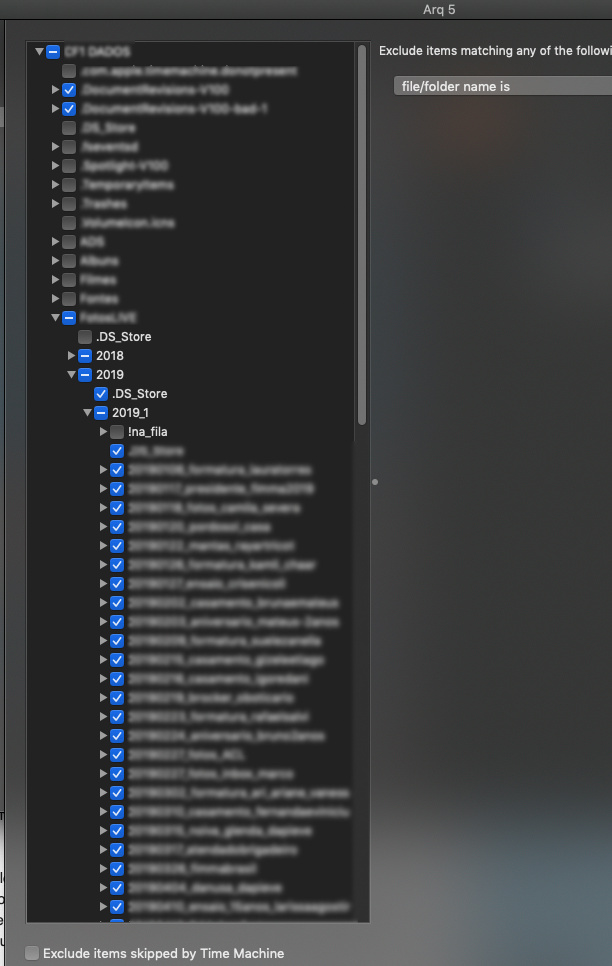

For example, German text may include umlauts which need to be properly accounted for in a sort.

This is useful if you are sorting text in a non-English language. If you check this option, then UltraEdit will sort using the locale you’ve selected under Advanced » Settings » File handling » Encoding, under the “Locale” drop down.
ULTRACOMPARE FOLDER FILTER CODE
For example, let’s say you have some source code where you’re declaring a few variables, and you like to keep things neat and tidy (albeit inefficient), so you want these variables to be declared in alphabetical order. Often times you need to sort lines based upon a specific range or column of text instead of the entire line. We will look at these options in the Sort lines by key (text in a specific position) section below. We will look at these options in the sort text by field (CSV) section below. Tab delimited sort / Custom delimited sort You should only use this option with numeric characters, otherwise you likely won’t get the results you expect. This option causes numbers to be sorted in numeric order, resulting in “1,2,11,12,111,222” instead. When you do an alphabetical sort in UltraEdit and you have numbers, the values 1,11,111 would be sorted before 2,22,222 as 1 comes before 2. This option is especially useful if you’re sorting data where case doesn’t matter, like email addresses, website URLs, etc. If you check this option, however, “cat” would be sorted above “CATEGORY”.

If you have the word “cat” and “CATEGORY”, and this option is not checked, then “CATEGORY” would be sorted above “cat” because capital letters come before their lowercase counterparts in the ASCII table. Ignore caseīy default, UltraEdit’s sort is case sensitive. If Where any selected keys match is selected with “Remove duplicates,” then if only one of the sort keys with the “RD” column checked is exactly the same between two lines, they will be considered duplicates and one will be deleted. If Where all selected keys match is selected with “Remove duplicates,” then all sort keys with the “RD” column checked must be exactly the same between two lines in order for them to be considered duplicates, and one will be deleted. Keep in mind a duplicate is determined based upon the sort criteria you specify elsewhere in the sort options, so it’s important you understand what your sort settings are before checking this option! We’ll look at Remove duplicatesĬheck this to remove all lines within the sorted text that are duplicates of each other. For example, when doing an alphabetical sort, if “descending” is selected here then the word “zebra” would be sorted above the word “cat”. The most obvious option, this setting allows you to determine whether the data is sorted in ascending or descending order. Here is a brief overview of each option: Sort order (ascending / descending)


 0 kommentar(er)
0 kommentar(er)
